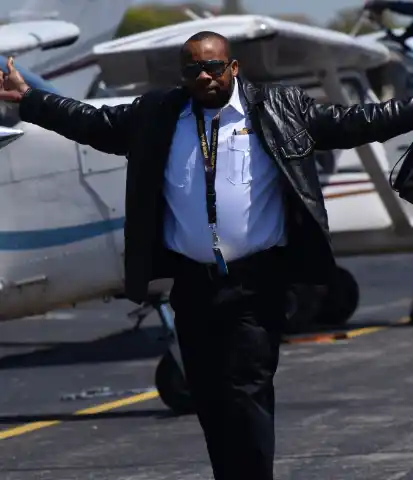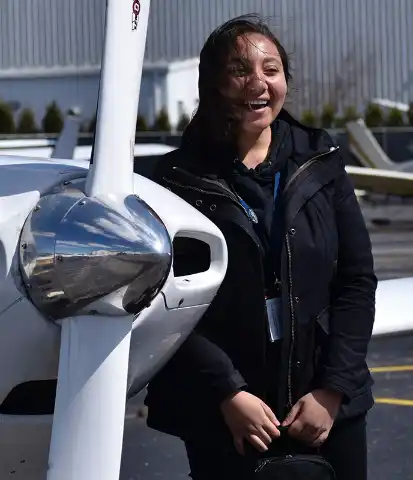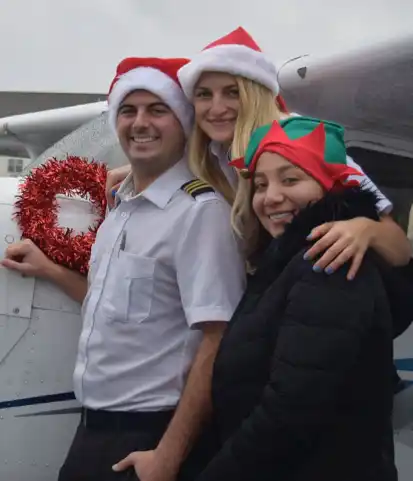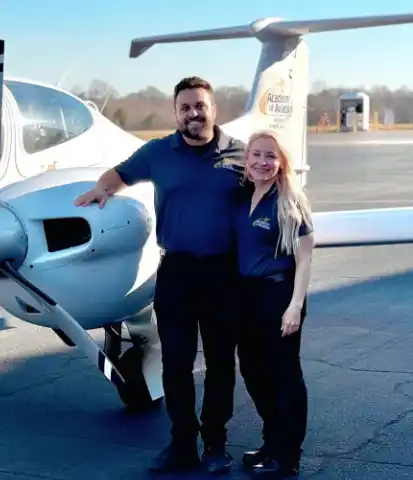What's on our minds? We'll tell you.
-
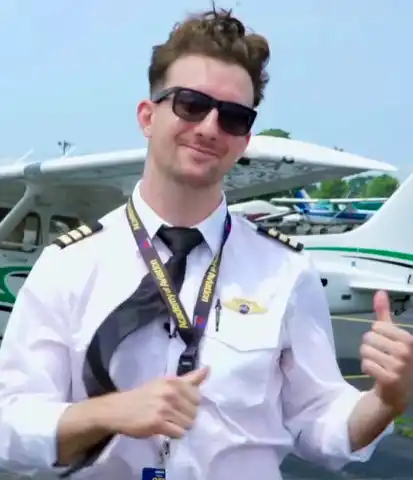
AoA on Buzzfeed!
"Let's never do that again." Join CFI Stephen Maltz as he takes Buzzfeed on a real Cessna flight and compares it to a video game. Read More -
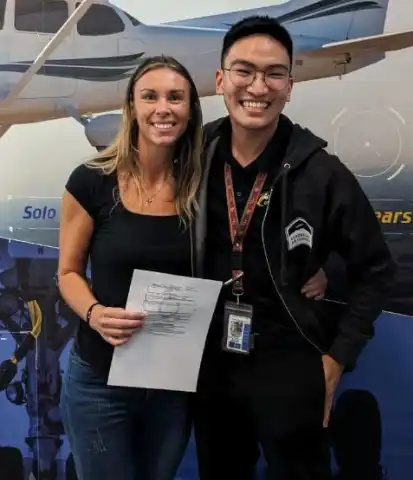
AOA vs. Other Flight Schools
Why are we different than the other major flight schools? There is a ton of competition. So why choose AOA? Read More -
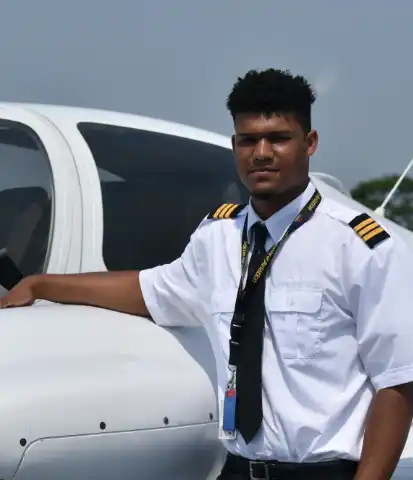
Flight School vs. College
Want to be a Pilot? Lesson #1: A straight line is the shortest path. Read More
